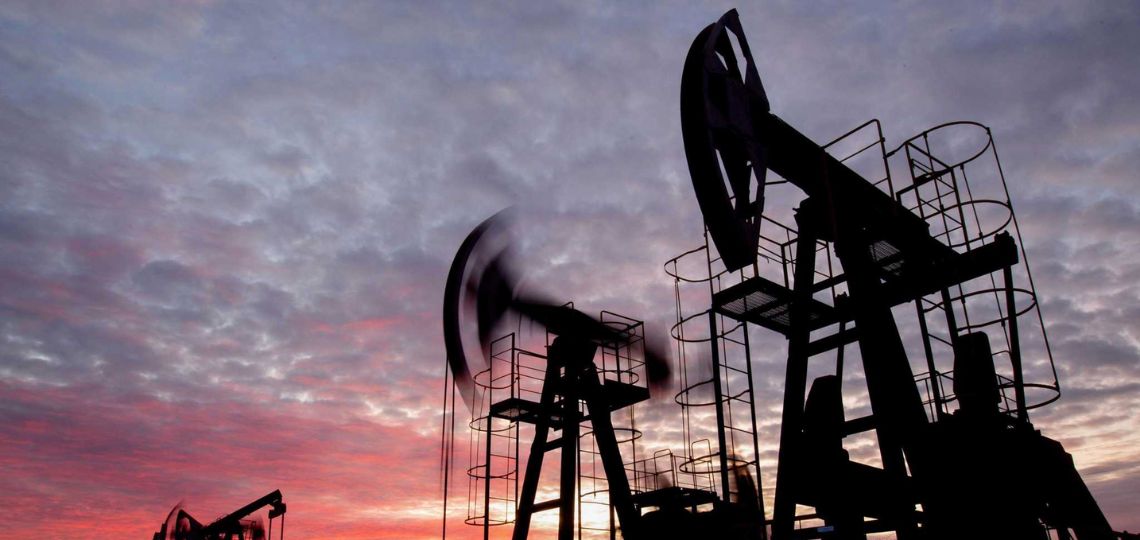The project of capping Russian oil prices designed by the West to deprive Moscow of the means to finance its war in Ukraine was still waiting for a green light from Poland, which considers the instrument too limited. An agreement was almost finalized on Thursday evening by the ambassadors of the EU member countries in Brussels, coordinated on this issue with their G7 allies, notably the Americans and the British, as well as Australia.
The proposed mechanism would impose a cap of $60 per barrel on the price of Russian oil sold to third countries, in addition to the EU embargo that comes into force on Monday, diplomatic sources said.
Only Poland was still missing on Friday morning, while the unanimity of the 27 is required on this issue. “Warsaw’s silence is deafening,” jeered one diplomat. Russia has earned 67 billion euros from its oil sales to the EU since the start of the war in Ukraine, while its annual military budget amounts to about 60 billion per year, recalls Phuc-Vinh Nguyen, an expert on energy issues at the Jacques Delors Institute.
The EU scheme is intended to prohibit companies from providing the services that enable the maritime transport (freight, insurance…) of Russian oil above the $60 ceiling, in order to limit the revenue derived by Moscow from its deliveries to countries that do not impose an embargo, such as China or India.
The instrument should reinforce the effectiveness of the European embargo, which comes several months after that already decided by the United States and Canada. Russia is the world’s second largest exporter of crude oil and without this cap it would be very easy to deliver to new buyers at market prices.
At present, the G7 countries provide insurance services for 90% of the world’s cargo and the EU is a major player in maritime freight, which gives it a credible deterrent, but also a risk of losing markets to new competitors.
We are in the unknown
Poland has been very critical of the effectiveness of the cap, calling for a much lower price. Sources have mentioned a proposal of $30 per barrel. The price of Russian oil (Ural crude) is currently around 65 dollars a barrel, which is barely more than the European ceiling, so the impact will be limited in the short term.
Westerners have to deal with the interests of powerful British insurers or Greek shipowners.
The instrument proposed by the European Commission provides for the addition of a limit set at 5% below the market price, in case Russian oil falls below the threshold of 60 dollars.
In any case, the price must remain higher than production costs to encourage Russia to continue deliveries and not cut off the valves. Some experts fear a destabilization of the global oil market and wonder about the reaction of the Opec countries, which are due to meet on Sunday in Vienna.
The Kremlin has warned that Russia will no longer deliver oil to countries that adopt the cap.
The EU has already decided to ban the EU-27 from buying Russian oil by sea from December 5. This embargo on oil by sea will eliminate two thirds of European purchases of Russian oil. With Germany and Poland having decided of their own accord to stop their deliveries via a pipeline by the end of the year, Russian imports will be affected by more than 90%, the Europeans say.
For Phuc-Vinh Nguyen, the proposed instrument raises many questions. “A ceiling on oil prices has never been seen before. We are in the unknown,” he summarizes, stressing that the reaction of the Opec producers, or large buyers like India or China will be crucial.
According to him, a cap, even at a high rate, would send “a strong political signal” to Russian President Vladimir Putin, because, once in place, this mechanism can be tightened.






